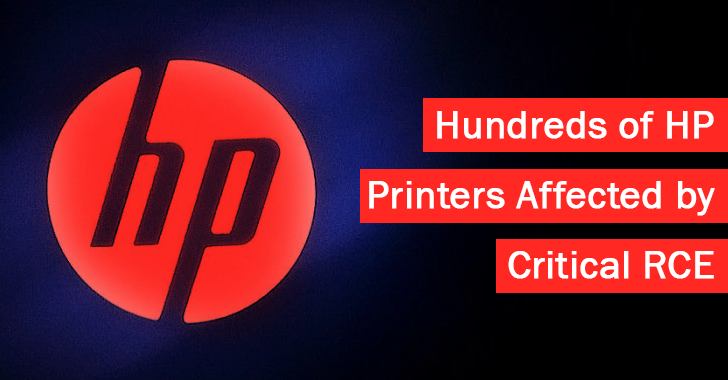A number of HP printer models, including LaserJet Pro, Pagewide Pro, OfficeJet, Enterprise, Large Format, and DeskJet, have been updated recently to address three security issues rated as critical.
Initially, there is a buffer overflow security flaw that could allow remote code execution on an affected computer. Trend Micro’s Zero Day Initiative team reported this security flaw, which is tracked as CVE-2022-3942.
HP lists the severity of the bug as critical, even though it comes with a CVSS severity score of 8.4 (high). Furthermore, HP published mitigation methods for this problem, such as disabling LLMNR.
The advisory stated:-
“Certain HP Print products and Digital Sending products may be vulnerable to potential remote code execution and buffer overflow with the use of Link-Local Multicast Name Resolution or LLMNR.”
The Second Set of Vulnerabilities
Here below we have mentioned the second set of vulnerabilities detected:-
- CVE-2022-24292 (CVSS score 9.8)
- CVE-2022-24293 (CVSS score 9.8)
- CVE-2022-24291 (CVSS score 7.5)
Using the embedded web server (EWS) for LaserJet Pro, you can disable unused protocols. For other products, take a look at this guide.
One of the listed LaserJet Pro models does not appear to have been advised to take mitigation action, however, it has been marked as pending, so the security updates for that one should soon be available.
In order to download the latest available version of the firmware for all other models, please visit HP’s official software and driver download portal, navigate to the appropriate model, and select it.
However, these vulnerabilities have not been widely discussed, but the repercussions of remote code execution and information disclosure are likely to be substantial and damaging.
While the severity levels point to the need to apply security updates as soon as possible, to restrict remote access, and to put the devices behind a firewall.
You can follow us on Linkedin, Twitter, Facebook for daily Cybersecurity and hacking news updates.










